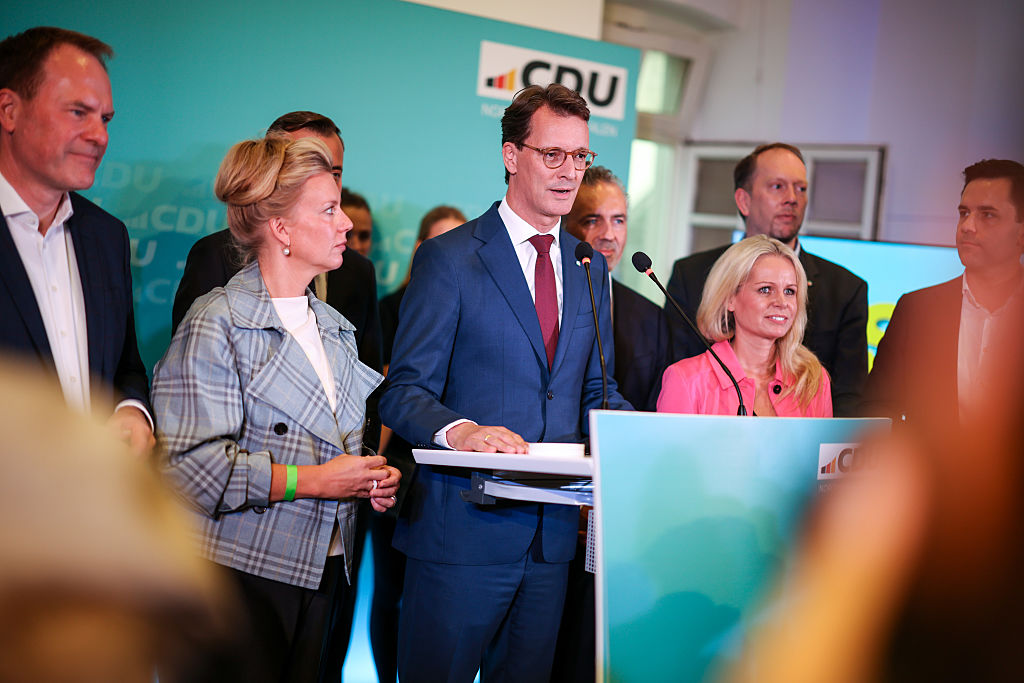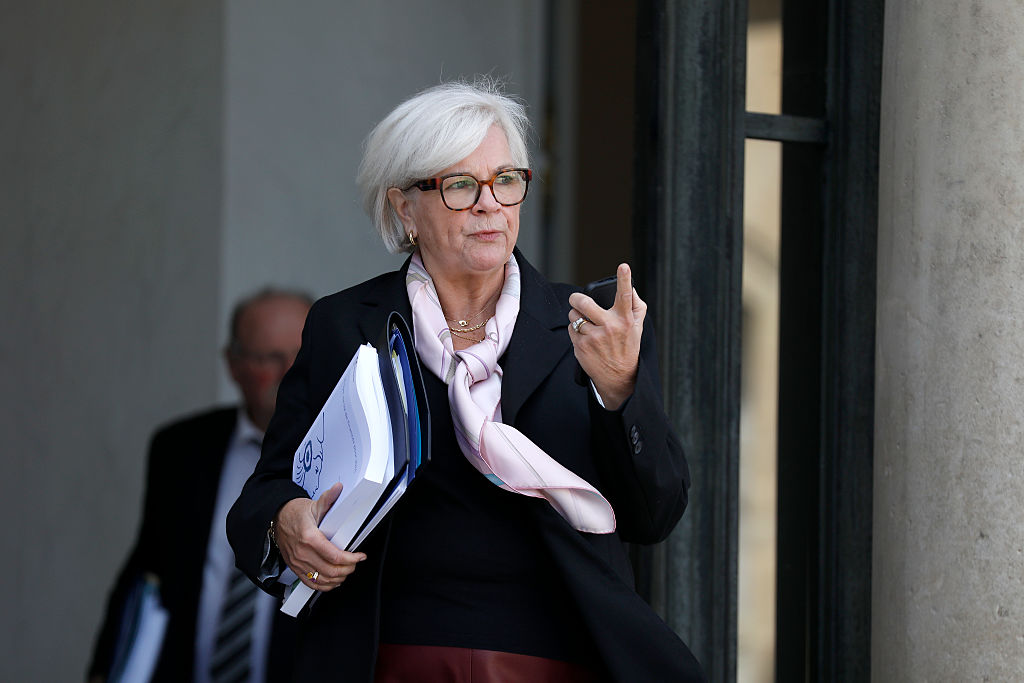Merz' conservatives set to win local German elections, far right gains big
The far-right Alternative for Germany almost tripled its vote share in comparison to 2020

North Rhine-Westphalia, Germany’s most populous state, went to the polls on Sunday. The municipal elections were the first vote since Chancellor Friedrich Merz took office and is seen as a litmus test for Berlin’s coalition government.
With voter turnout of nearly 57%, Merz’ conservative Christian Democrats are set to remain the strongest party, while the far-right Alternative for Germany (AfD) almost tripled its vote share compared to the last elections in 2020.
According to preliminary results, the CDU won 33.3% (2020: 34.3%), the Social Democrats (SPD) 22.1% (24.3%), the AfD 14.5% (5.1%), the Greens 13.5% (20.0%), and the Left 5.6% (3.8%).
“We are the number one local party,” CDU General Secretary Carsten Linneman told German public broadcasters on Monday morning, while stressing that the AfD gains were a warning signal.
The states’ Minister-President Hendrik Wüst (CDU) echoed this concern, though he rejected talk of a “westward expansion” of the party, which established its stronghold in Germany’s eastern states.
“We are a people’s party, and we all bear a great responsibility for Germany,” AfD co-chair Tino Chrupalla said on Sunday. AfD regional leader Martin Vincentz said it had been a “referendum on the direction of our country”.
Larger by population than 21 EU members, North Rhine-Westphalia is home to the Ruhr region, the former industrial heart of coal and steel, a former stronghold of the Social Democrats.
For the SPD, the result deepens the crisis in a state once considered its workers’ bastion, as it lost significant support to the AfD. The Greens almost lost a third of votes, compared to 2020.
Though shaped by local issues, Sunday’s election gives a first impression of voters’ political sentiments ahead of 2026 state elections in Baden-Württemberg, Rhineland-Palatinate, Berlin, Saxony-Anhalt, and Mecklenburg-Vorpommern.
(vib)









